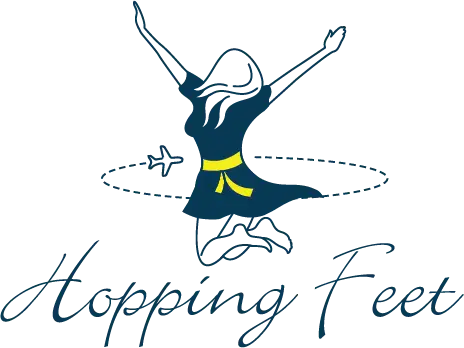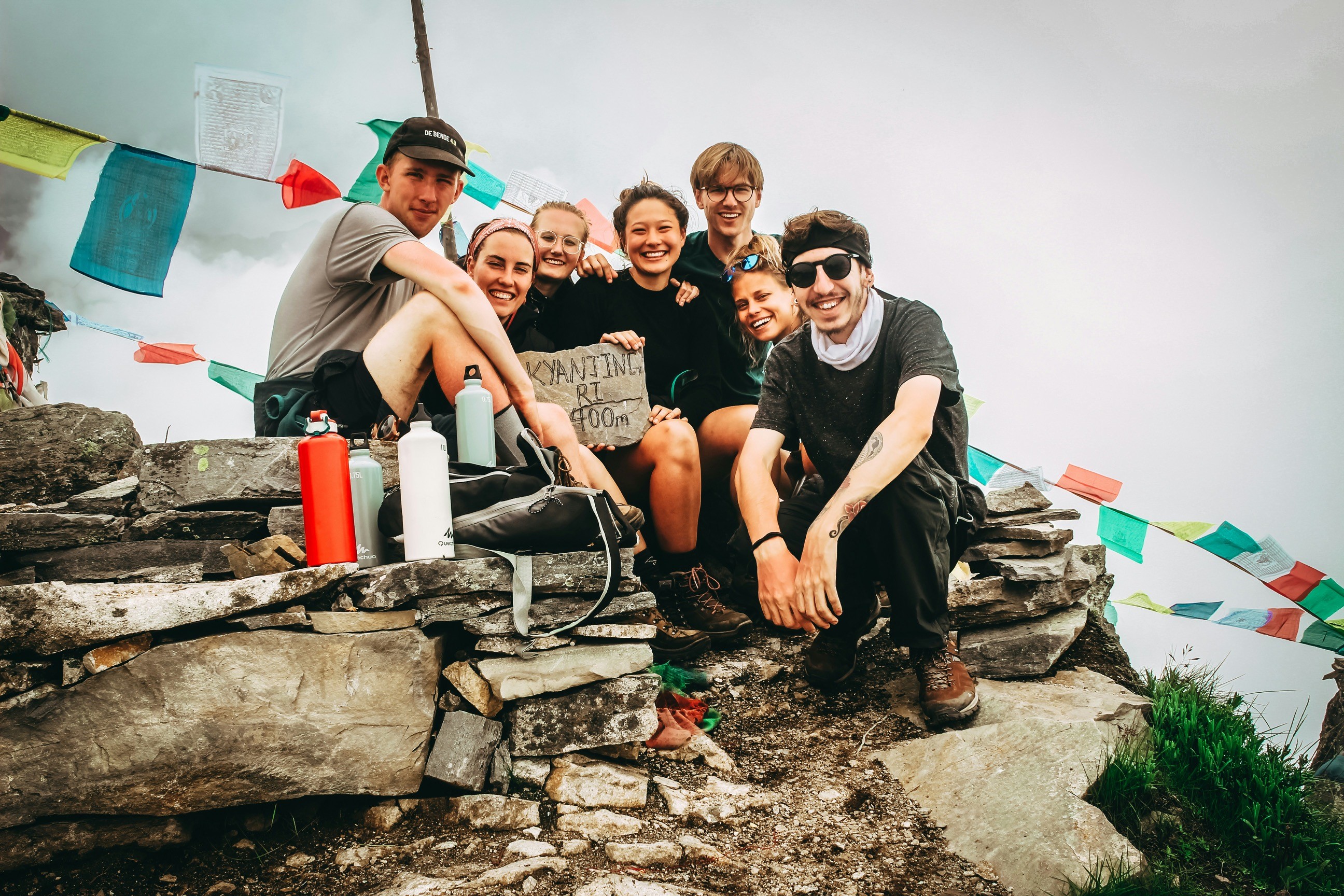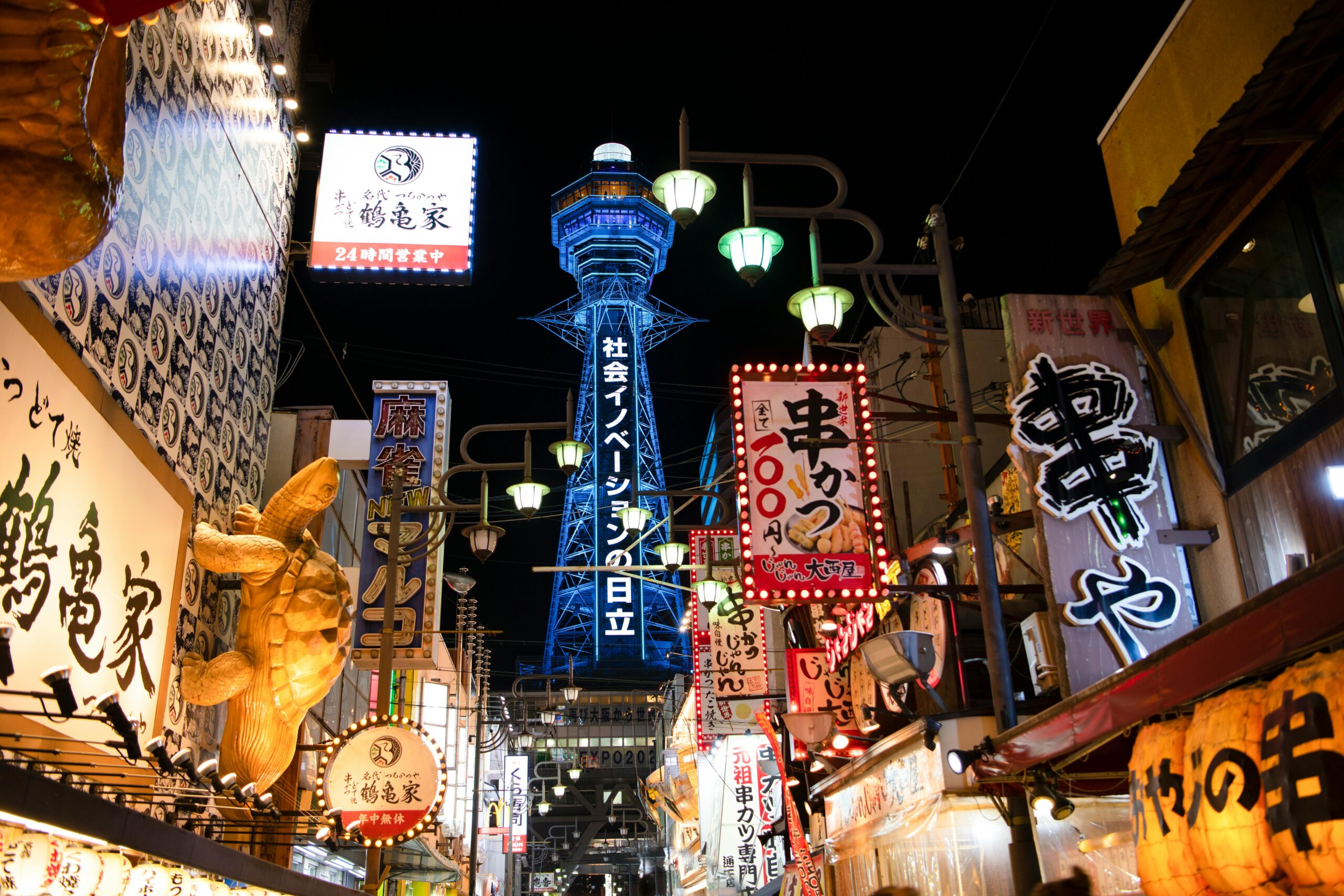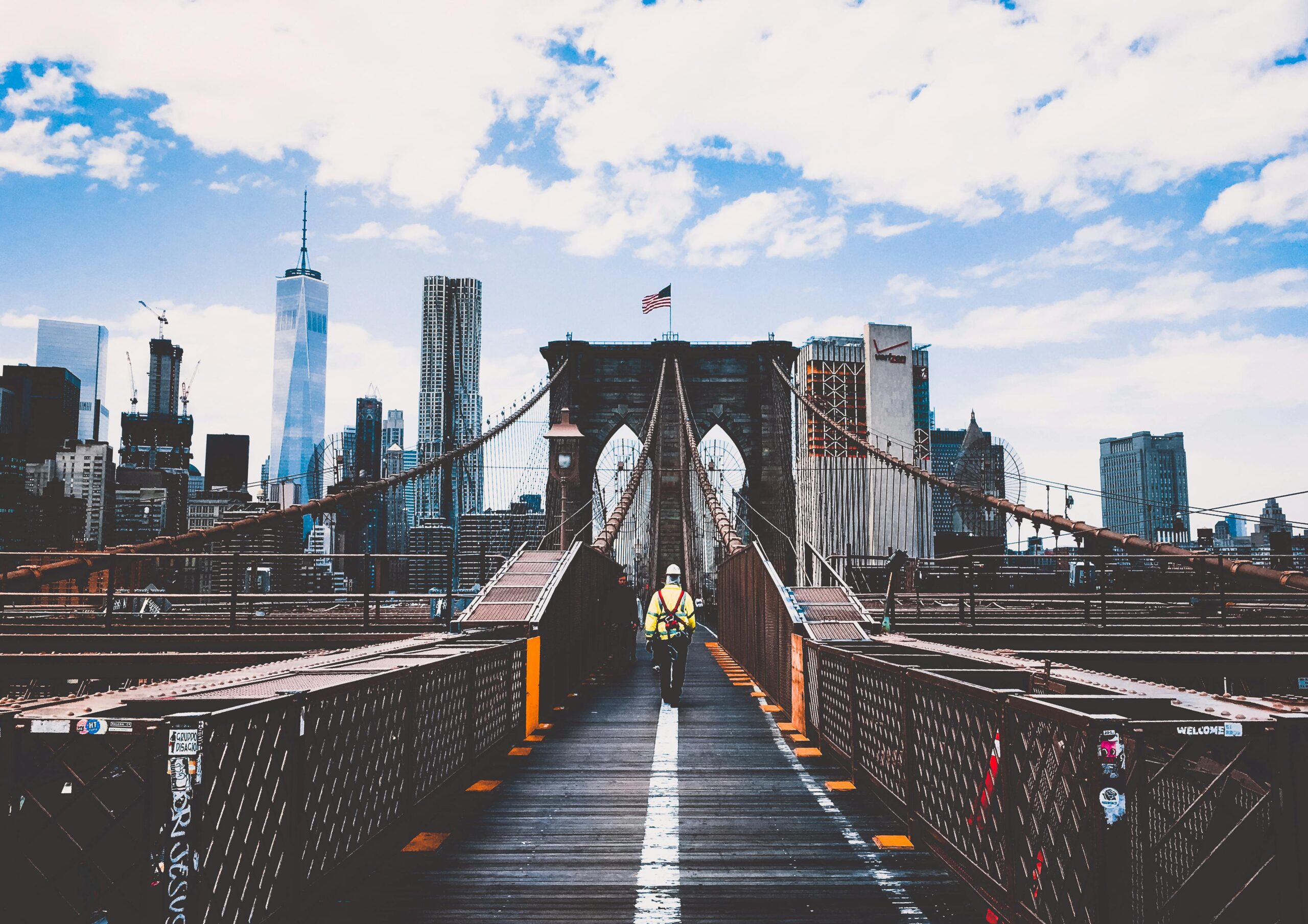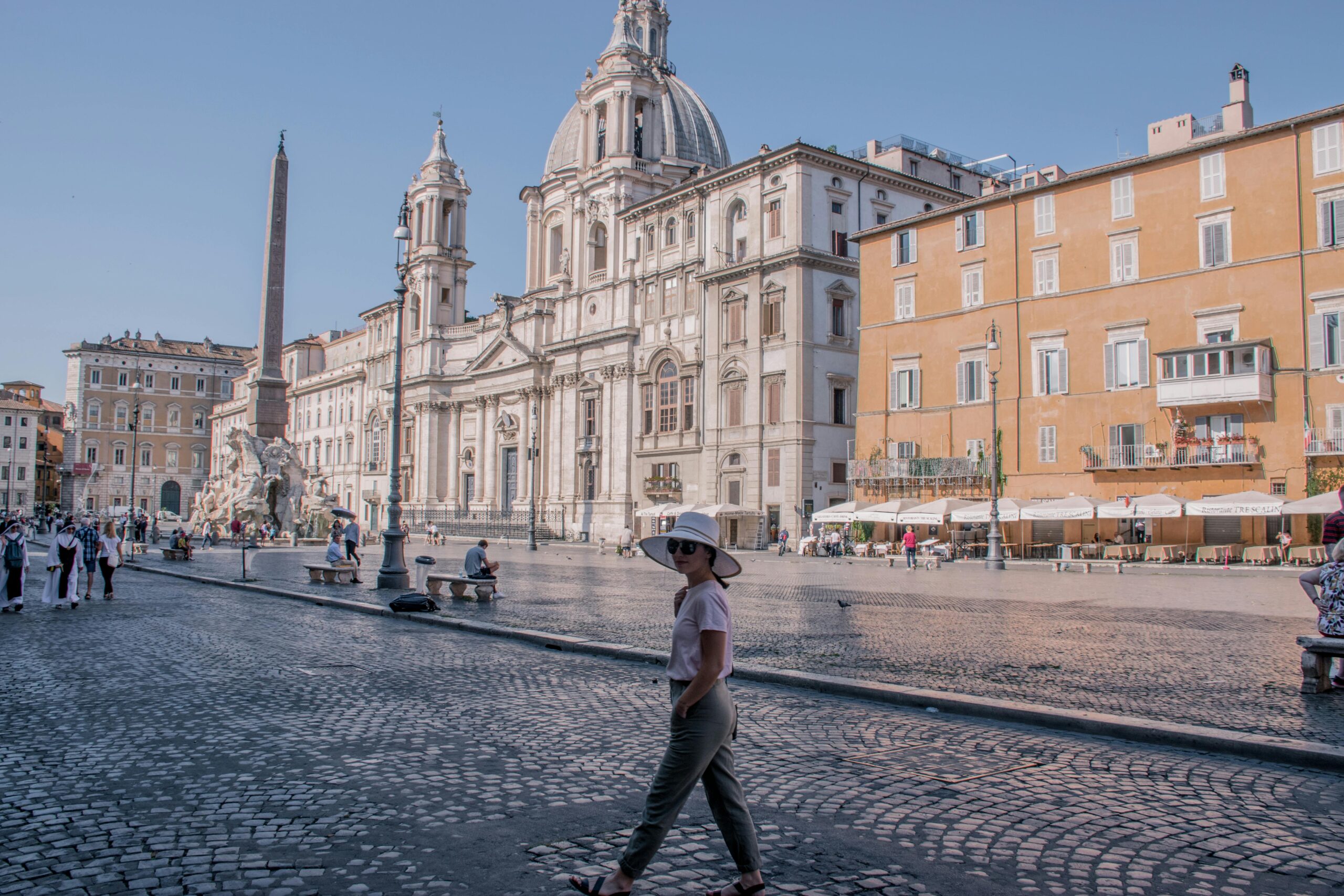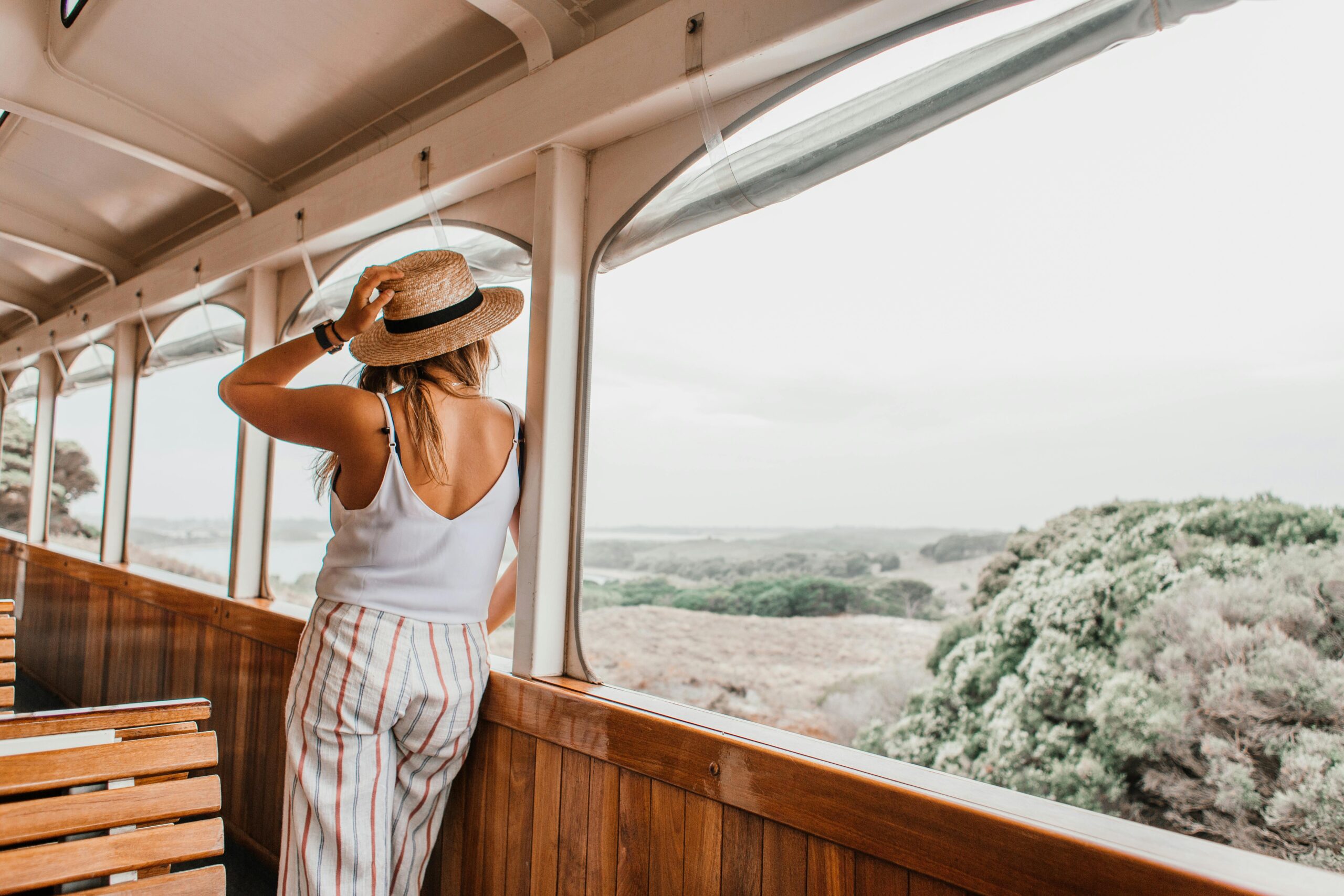This is a guest post by Evana Manandhar, a travel writer passionate about sharing the beauty of Nepal. Through her writing, she aims to inspire others to explore its stunning landscapes, rich culture, and unforgettable adventures.
When trekking in Nepal, whether remote Manaslu Circuit or other breathtaking parts of the country, your journey will be enriched not only by stunning mountain views but also by the opportunity to interact with the welcoming local people. The Himalayas may captivate your senses, but it’s the warmth and charm of Nepali culture that will leave a lasting impression on your heart. By learning a few basic Nepali phrases, you can connect with the locals, navigate your trek more smoothly, and show your respect for their unique culture.
Speaking even a little Nepali can lead to delightful exchanges and foster a sense of camaraderie with the people you meet along the way. In this guide, we’ll cover some essential Nepali phrases that will prove helpful during your trek. Whether you’re exploring a remote village, staying at a tea house, or chatting with your guide or porter, these phrases will enhance your experience. Additionally, they may help you handle unexpected situations, like asking for assistance or learning about local customs. Embracing the language, even modestly, transforms your trek into a more immersive and culturally rich adventure.
Why Learn Nepali for Your Trek?
Nepali is Nepal's official language, and while English is commonly spoken in tourist areas, knowing basic Nepali phrases can make a significant difference in your journey. Learning the local language not only shows respect for the culture but also demonstrates your willingness to connect with the people who call these mountains home.
Simple Nepali phrases can enhance your day-to-day interactions—whether ordering food, asking for directions, or seeking help. Moreover, Nepali people are known for their incredible hospitality. They will deeply appreciate your effort to speak their language, even if it's just a few words. This small gesture can pave the way for meaningful conversations and lasting connections during your trek, making your journey even more special.
Moreover, these phrases can help you navigate unexpected situations—whether it’s finding your way on a trail, handling altitude sickness, or understanding local customs. By learning Nepali, you’re not just preparing for a trek but embracing the spirit of Nepal itself.
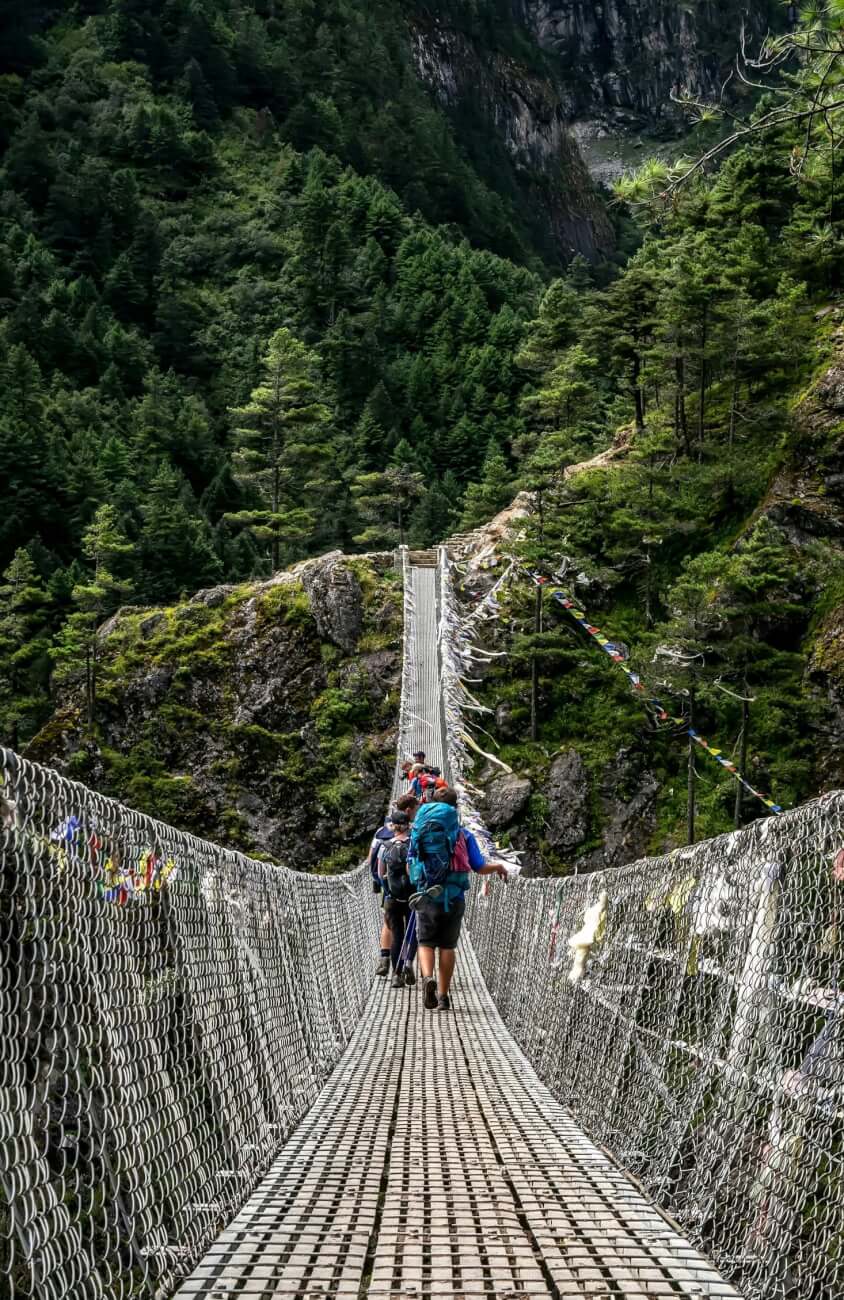
Here’s a comprehensive list of Nepali phrases that can make your trekking experience smoother, more enjoyable, and deeply memorable.
1. Greetings and Introductions
The easiest way to connect with people is through greetings. Starting with a friendly word or phrase can help break the ice, no matter where you are:
- Namaste (नमस्ते) – Hello / Greetings
This universally recognized greeting is a cornerstone of Nepali culture. With your palms pressed together, a simple "Namaste" conveys respect, kindness, and warmth. It’s appropriate for all situations and can be used with everyone, from children to elders. - Namaskar (नमस्कार) – Hello (Formal)
Slightly more formal than "Namaste," this phrase is often reserved for elders, officials, or people you don’t know well. - Kei gariraheka ho? (के गर्दै हुनुहुन्छ?) – How are you?
A polite inquiry into someone’s well-being. It can help start a longer conversation. - Sanchai chha (सन्चै छ) – I’m fine
Your standard reply when someone asks how you’re doing. - Tapai ko naam ke ho? (तपाईको नाम के हो?) – What is your name?
A great icebreaker when meeting someone new. - Mero naam [your name] ho (मेरो नाम [your name] हो) – My name is [your name]
A simple way to introduce yourself and build rapport. - Badhai chha (बधाई छ) – Congratulations
A phrase you might use to celebrate an accomplishment or simply as a gesture of goodwill.
If you’re traveling in a group, introducing yourself in Nepali can make your interactions with guides, porters, and villagers more personal. For example, sharing your name and asking for theirs creates a connection that goes beyond the transactional.
2. Asking for Directions
When trekking, you may need to ask for directions to make sure you are on the right path. Here are some useful phrases:
- [Place] kasari janey? ([place] कसरी जान्ने?) – How to go to [place]?
- Use this phrase when you want to ask for directions to a particular place.
- Yo bato kaha jancha? (यो बाटो कहाँ जान्छ?) – Where does this road lead to?
- This is useful when you’re unsure if the path you’re on is heading in the right direction.
- Sidhe janus (सिधे जानुस) – Go straight
- Use this phrase to understand when to go straight ahead.
- Baira janus (बाहिर जानुस) – Go outside
- A helpful phrase for finding the exit or leaving a place.
- Bato khula cha? (बाटो खुला छ?) – Is the road open?
- This is useful when asking about the condition of the trail, especially if you’re in remote areas where paths can sometimes be blocked by landslides or weather.
While trekking in Nepal, paths are often shared with locals carrying goods, livestock, or supplies. Asking for directions or confirming your route is not only practical but also a way to engage in polite conversation with locals. In some cases, this might lead to helpful advice about road conditions or hidden viewpoints nearby.
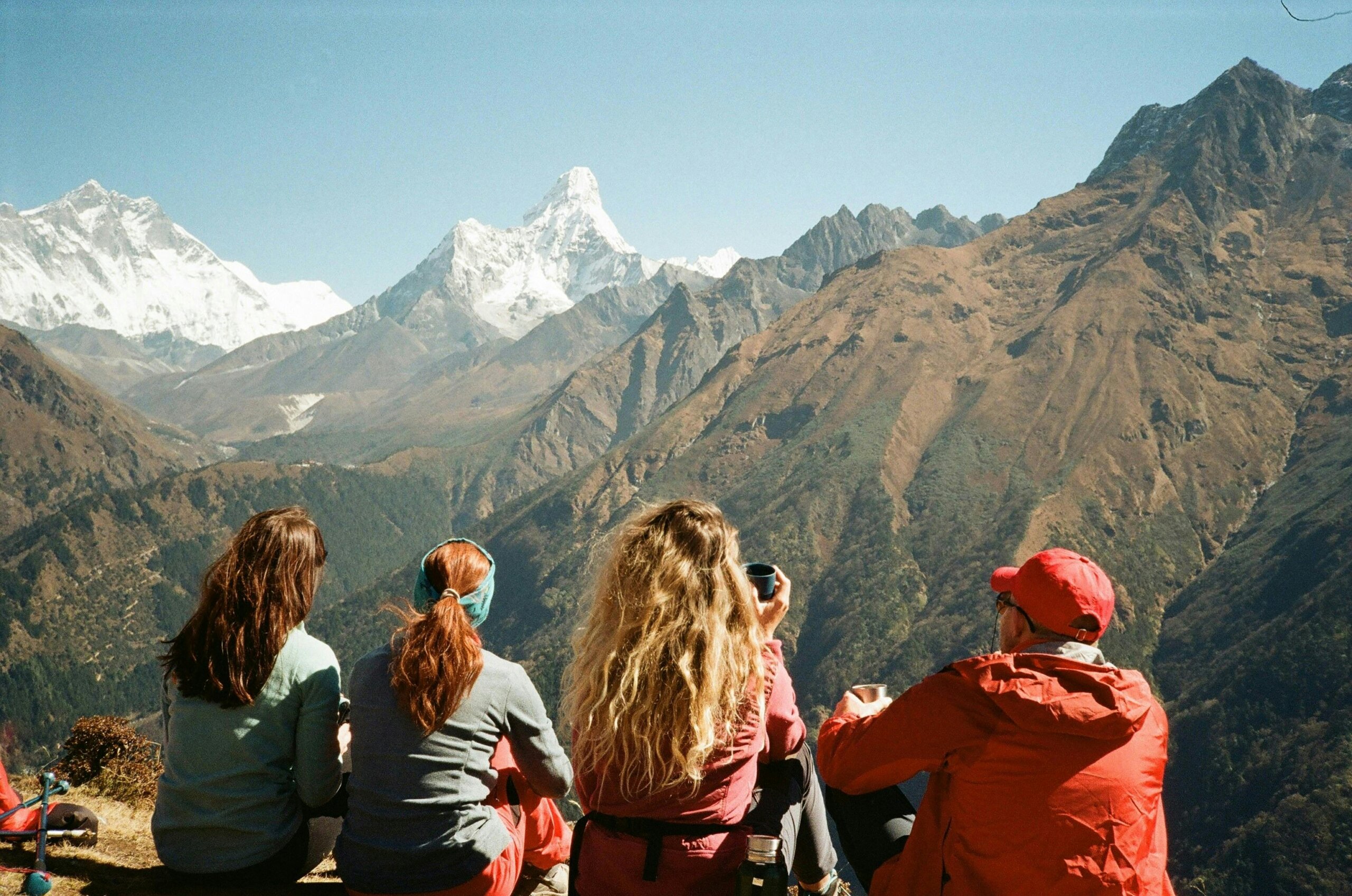
3. Common Phrases for Eating and Drinking
Food is an important part of the trekking experience in Nepal. The following phrases will help you when you’re in tea houses or local restaurants:
- Khana k cha? (खाना के छ?) – What food do you have?
- This is a good question to ask when you’re sitting down at a restaurant or tea house and want to know the menu options.
- Malaai [food item] chahiyo (मलाई [food item] चाहियो) – I would like [food item]
- When ordering food, you can use this phrase to specify what you want to eat. For example, “Malaai dal bhat chahiyo” means "I would like dal bhat" (a traditional Nepali dish).
- Pani dinus (पानी दिनुस) – Please give me water
- A simple request when you need water.
- Timro [food item] mitho chha (तिम्रो [food item] मिठो छ) – Your [food item] is delicious
- Use this phrase to compliment the cook or tea house owner on a tasty meal.
- Khana kati ho? (खाना कति हो?) – How much is the food?
- This will help you ask about the price of the food. It’s useful when you’re unsure about the cost.
4. Basic Phrases for Trekking
As you trek through Nepal’s stunning mountains, here are some useful phrases you might need:
- Ma thakyo (म थाक्यो) – I am tired
- If you need a rest, you can let your guide or companions know that you’re feeling tired.
- Swasthya thik chha (स्वास्थ्य ठीक छ) – I am feeling okay
- This is helpful to let others know that you’re in good health.
- Altitude ko samasya chha (अल्टिच्युड को समस्या छ) – I am having altitude sickness
- This phrase is crucial to know in case you start experiencing symptoms of altitude sickness.\
5. Polite Expressions
Politeness is very important in Nepali culture, as it reflects respect for others and the community. Here are a few phrases to help you stay polite and respectful:
- Dhanyabad (धन्यबाद) – Thank you
- A simple but meaningful way to show your gratitude. Saying "Dhanyabad" goes a long way in acknowledging the kindness and help you receive from others.
- Maaf garnu (माफ गर्नु) – Sorry
- A polite way to apologize. Whether you accidentally bump into someone or make a mistake, "Maaf garnu" can help smooth over any misunderstanding.
- Ramailo garne (रामाइलो गर्ने) – Have fun
- This is often said when parting with someone, wishing them a good time. It is a way to express positivity and good wishes for someone else's experience.
- Sabaiko lagi ramro ho (सबैको लागि राम्रो हो) – It’s good for everyone
- A phrase used to express that something is beneficial for all. This can be used in conversations where you want to emphasize that a decision or action will be positive for the entire group.
- Tapaai lai ramro din (तपाईंलाई राम्रो दिन) – Have a good day
- This is a polite phrase to use when parting ways with someone. It is a nice gesture that leaves a positive impression.
- Tapai lai sammaan (तपाईंलाई सम्मान) – I respect you
- Showing respect is an important part of Nepali culture. This phrase is a formal way to express your respect towards someone, especially elders or people in authority.
- Dherai dherai dhanyabad (धेरै धेरै धन्यवाद) – Thank you very much
- If you want to express extra gratitude, use this phrase. It shows that you are truly appreciative of someone's help or kindness, which can deepen your bond with the local people.
- Sammaan purvak (सम्मानपूर्वक) – With respect
- This phrase can be added when making a request or statement, to indicate that you are speaking respectfully. It is especially useful in formal situations.
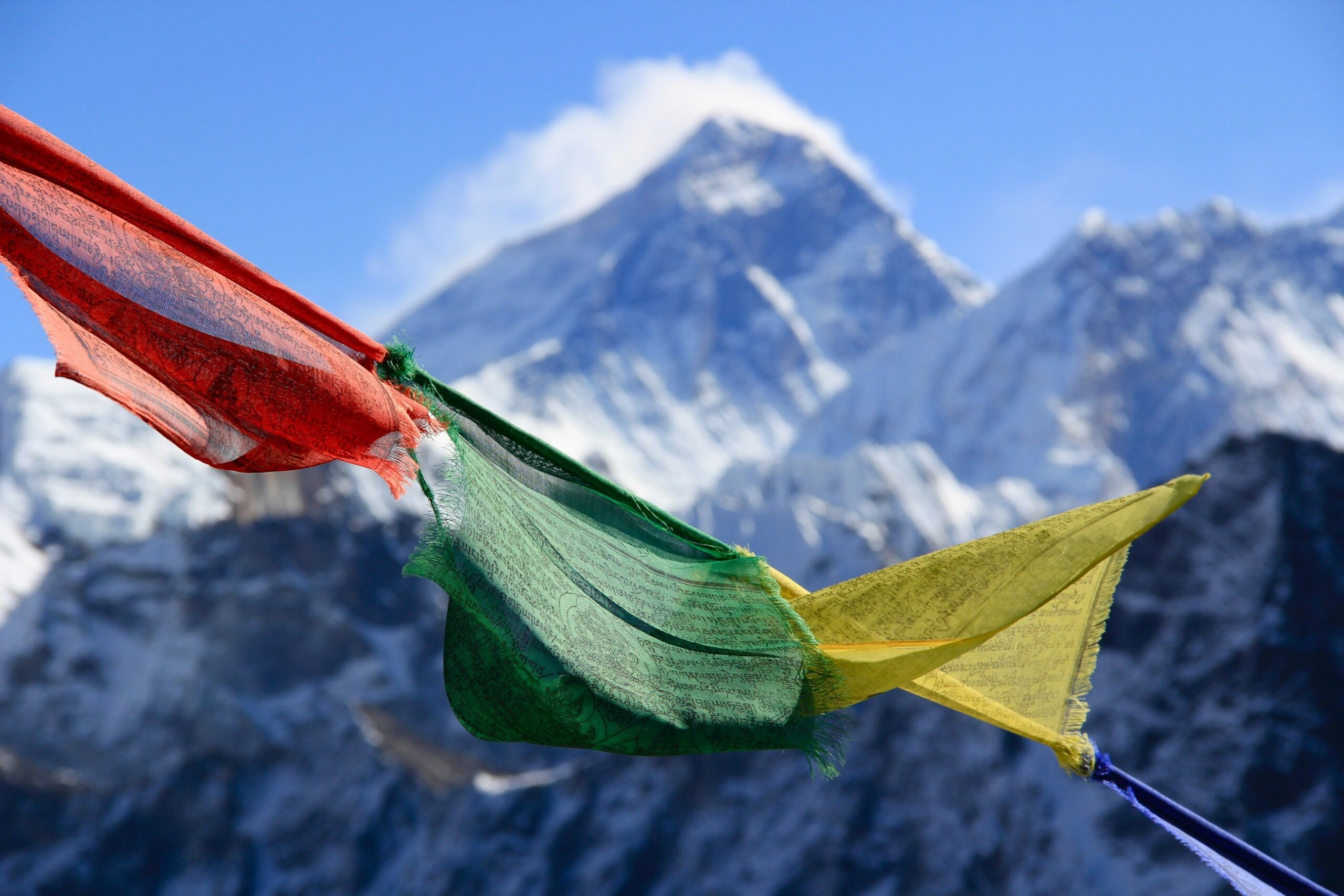
Enrich Your Trek with Nepali Language
Taking the time to learn basic Nepali phrases can significantly enrich your trekking experience. Not only will it help you communicate effectively, but it will also foster meaningful connections with the locals. These small efforts often lead to moments of kindness and understanding that you’ll cherish long after your trek ends.
Even if your pronunciation isn’t perfect, Nepali people will warmly appreciate your attempt to speak their language. This effort demonstrates your respect for their culture and creates opportunities for deeper engagement with the local way of life.
So, as you prepare for your trek, remember to pack not just your gear but also these essential Nepali phrases. They will be your bridge to a more immersive and unforgettable journey. Happy trekking!
